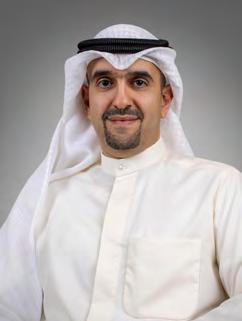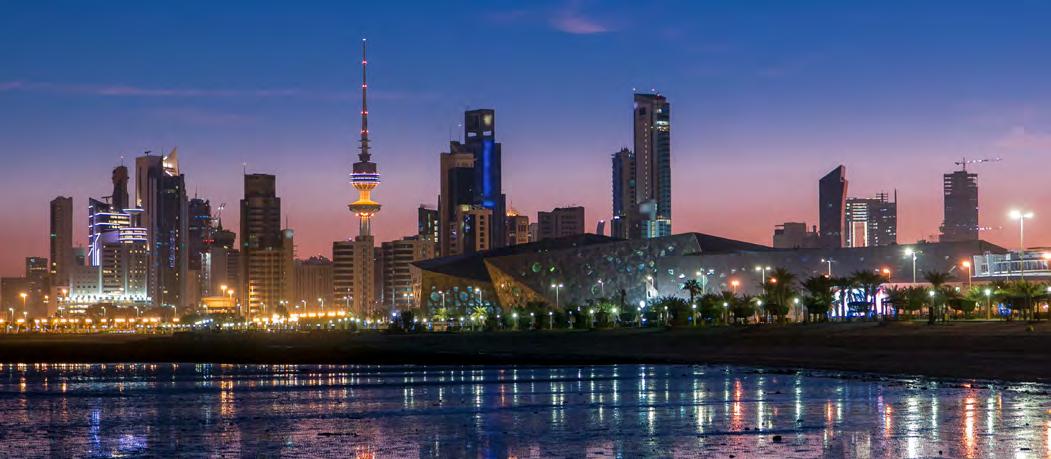
4 minute read
African Exchanges Linkage Project

How will you find out and invest into the hottest shares in Lagos or Mauritius, or subscribe to an IPO in Casablanca or Cairo? Seven leading African securities exchanges are working on the African Exchanges Linkage Project (AELP) to boost trading, investment and information links.
The participating exchanges are: Bourse Régionale des Valeurs Mobilières (BRVM, integrating eight West African markets), Casablanca Stock Exchange, The Egyptian Exchange, Johannesburg Stock Exchange, Nairobi Securities Exchange, The Nigerian Stock Exchange and Stock Exchange of Mauritius. “African Listed Securities” assets available through these exchanges include more than 1,050 companies, including many of Africa’s most promising and profitable companies and some global leaders.
About AELP

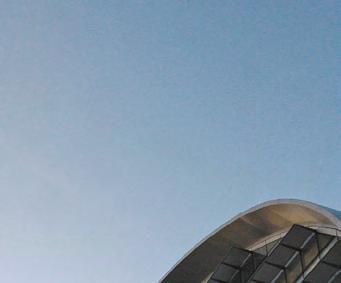


The AELP is a joint initiative by the African Development Bank and the African Securities Exchanges Association (ASEA) to facilitate cross-border trading and settlement of securities across participating bourses in Africa. It also seeks to unlock Pan-African investment flows, promote innovations that support diversification needs of investors, and address the lack of depth and liquidity in Africa’s financial markets. It is funded by the Korean-African Fund for Economic Cooperation (KOAFEC) through the African Development Bank.
Pierre Guislain, Vice-President, Private Sector, Infrastructure and Industrialization of the Bank, told participants at a capital-markets stakeholders’ roundtable at the Bank’s headquarters in April: “The partnership between us and ASEA complements the Bank’s interventions towards deep and resilient capital markets in Africa. The African Exchanges Linkage Project will contribute to a wider financing pool for African corporates and SMEs and help close Africa’s infrastructure deficit, estimated at US$67–107 billion annually. Indeed, the continent needs deep, liquid and linked capital markets that will enable accelerated mobilization of domestic resources and incentivize private financing of infrastructure”.
Karim Hajji, ASEA President and chief executive of the Casablanca Stock Exchange, said at the same event: “Regional integration is a high priority continental agenda. By organically linking seven exchanges in Africa which collectively have a market capitalization of over US$1.4 trillion, the AELP will stimulate intra-

African flows and provide opportunities for investors and trading participants in over fourteen African countries. With the expected outcome of boosting liquidity in African capital markets, the AELP will unlock the powerful potential of African markets to access and redistribute domestic capital for economic development.”


Sponsored access


The framework of the current phase is “sponsored access”, based on a model where a stockbroker (“originating broker”) in one participating exchange takes an order from a domestic client and asks a broker on another exchange to execute the trade in that market. The executing or “sponsoring broker” is responsible for ensuring compliance to the rules, settlement and practice of the market where the security is bought or sold.
AELP’s model is that securities are held in the CSD where the security was traded, reducing cross-border movement of securities and streamlining settlement and clearing to comply with one market. Africa’s leading custodians, which already service clients across the key markets, will continue to be central.
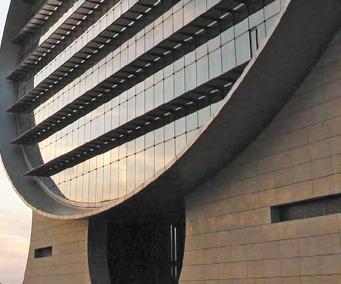
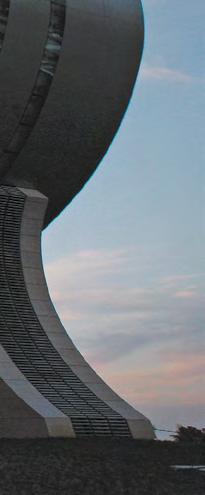

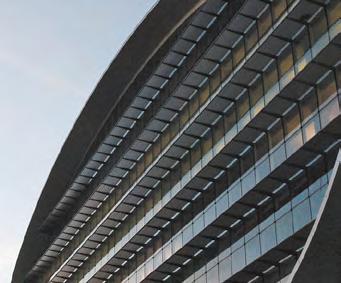




AELP will help achieve African goals of deeper crossborder trade and investment, as embodied in treaties and the African Continental Free Trade Agreement (AfCFTA). Stockbrokers and custodians are key partners in helping it achieve these objectives.
Tom Minney Project Manager, African Exchanges Linkage Project
For more information contact tminney@african-exchanges.org or call +254 20 283 1220/+254 700 452475.
MSCI To Reclassify Kuwait To Emerging Market Status In 2020 –A Landmark Achievement
“This milestone will not only generate a deeper sense of commitment to sustain this current status by continued collective efforts to further develop the capital markets but also boost the transformation of Kuwait into a leading commercial and financial hub in the region as envisioned by his Highness the Amir Sheikh Sabah Al-Ahmad Al-Jaber Al-Sabah in the “Kuwait Vision 2035”.
It was a proud moment for Kuwait on 25th June 2019, when MSCI, the world’s largest index provider, announced reclassification of Kuwait from its “Frontier Market” status to “Emerging Market” effective May 2020. The reclassification is subject to omnibus account structures and same National Investor Number (NIN) cross trades being made available for international institutional investors before the end of November 2019.
Kuwait Clearing Company (KCC) is committed to and confident of fulfilling these criteria by then due to the flexibility of its infrastructure. The MSCI upgrade reveals the tremendous efforts put in by Kuwait Clearing Company and Boursa Kuwait under the guidance of the Capital Markets
Authority over the last few years by undertaking several Market Development Projects which were instrumental in the implementation of various regulatory and operational enhancements in the Kuwaiti market to be in line with international standards, thus making it more accessible and attractive to global investors.
Kuwait Clearing Company (KCC) established in the year 1982 is the central clearing, settlement and depository entity for the Kuwaiti securities market. It is also a member of prestigious international organizations such as IOSCO, ANNA, ICMA and AMEDA.
Back in 2016, KCC developed a long term strategy aiming to enhance the company’s operations and services in alignment with IOSCO’s PFMI standards, thereby supporting the CMA’s market development initiatives. Since then, the company has significantly invested in its infrastructure and human resources to meet the goals set forth in its’ ambitious strategy. It has played a pivotal role in the reclassification of Kuwait to an Emerging Market status by being an integral part of the several market development projects which required the redesign and implementation of the post-trade infrastructure and the introduction of related operations thereby easing the access for foreign investors to Kuwait’s Capital market.
“KCC remains committed to relentlessly pursue further enhancements in coordination with the CMA and Boursa Kuwait to develop the market infrastructure, which entails performing all post-trade operations including settlements and central securities depositories in alignment with international best practices.”
Khaldoun Altabtabaie Chief Executive Officer, Kuwait Clearing Company
